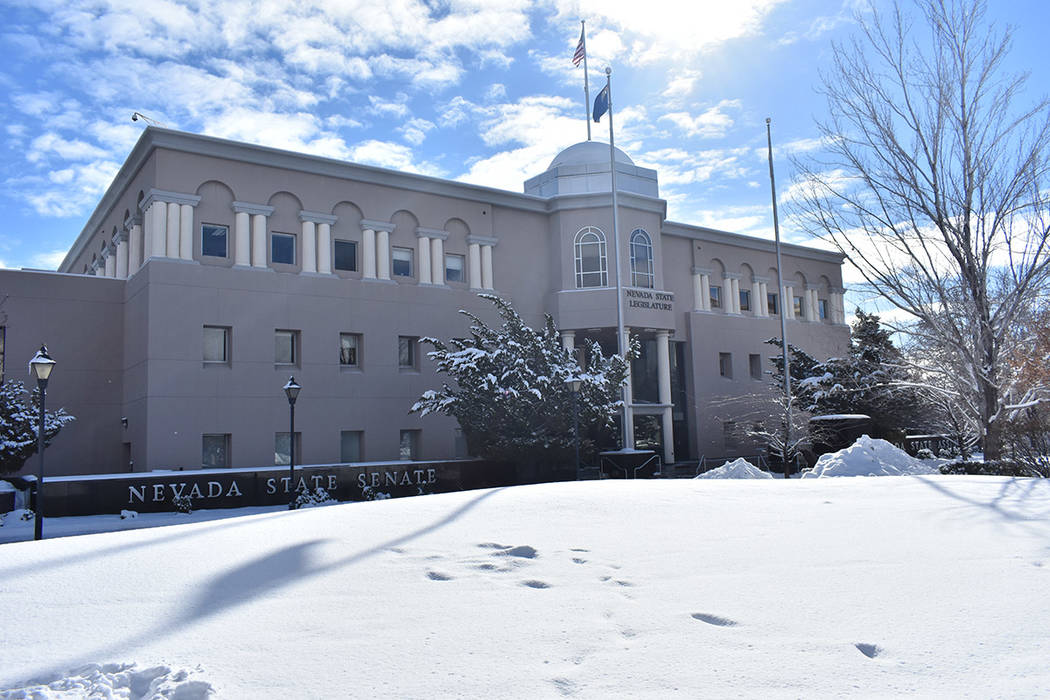COMMENTARY: A plan to bust the Nevada budget

With the legislative session in Carson City ending shortly, Nevada union officials are making a full court press for passage of union monopoly bargaining for state employees with Senate bills 135 and 459.
The proposed legislation would anoint union officials with the power to act as the monopoly representative over all state workers, even those opposed to affiliating with a union. Such a move would effectively outsource government employee relations to politically connected union bosses.
Ultimately that would be a bad deal for Silver State residents, while depriving government employees of their right to represent themselves.
Currently in Nevada, terms and conditions of employment are decisions made between a public employee and the state. State workers are free to act in their own best interests, while state officials are accountable to voters — for both the quality of government services and the tax burden that pays for it.
That balance would be wiped out if the Legislature passes these bills.
Under this proposed scheme, civil servants in Nevada would be blocked from speaking with their own employer about their wages and work conditions or from seeking other representation. Instead, union officials would do all the talking, even when workers would prefer to advocate for themselves.
When union officials are granted monopoly bargaining power over government workers, elected officials lose their ability to do their most basic job — allocating government resources — because union officials have an effective veto at the expense of taxpayers.
Time and time again, states see increasing deficits and spending to the detriment of citizens when union officials are granted monopoly bargaining privileges. From Oregon to Florida, and from California to New York to Illinois, the story is always the same.
The city of Miami saw this firsthand in 2010 and 2011 when city officials faced a fiscal crisis with a projected $140 million deficit on a $500 million budget. With $400 million going to pay and benefits, city officials tried closing the gap by invoking a Florida law that allows government contracts to be altered in the case of “financial urgency.”
But union officials wouldn’t budge, and the Florida Supreme Court eventually ruled that the city illegally failed to consider all possible options to increase revenues — including a property tax hike, fee increases or installing red light cameras — before revising the contracts.
And Illinois faces a more than $3 billion projected deficit next year, and according to a 2018 Moody’s report faces unfunded pension liabilities of 601 percent of the state’s revenue.
Meanwhile, thanks in large part to union monopoly bargaining, New York has the worst taxes in the country, with 12.7 percent of every New Yorker’s income going to state and local taxes alone.
Finally, we saw Iowa, where government union bosses demanded a budget-busting 16 percent pay raise that the governor attempted to stop. Then when the state finally lost after a lengthy court battle, that wage increase resulted in a 25 percent hike in the state sales tax and 5,000 state employees being fired.
Simply put, Senate bills 135 and 459 would undermine elected officials’ accountability to Nevada voters while hurting families and damaging the state’s economy.
Instead of putting union officials over state workers and taxpayers, Nevada’s elected legislators should serve the people they were elected to represent.
Mark Mix is president of the National Right to Work Committee.